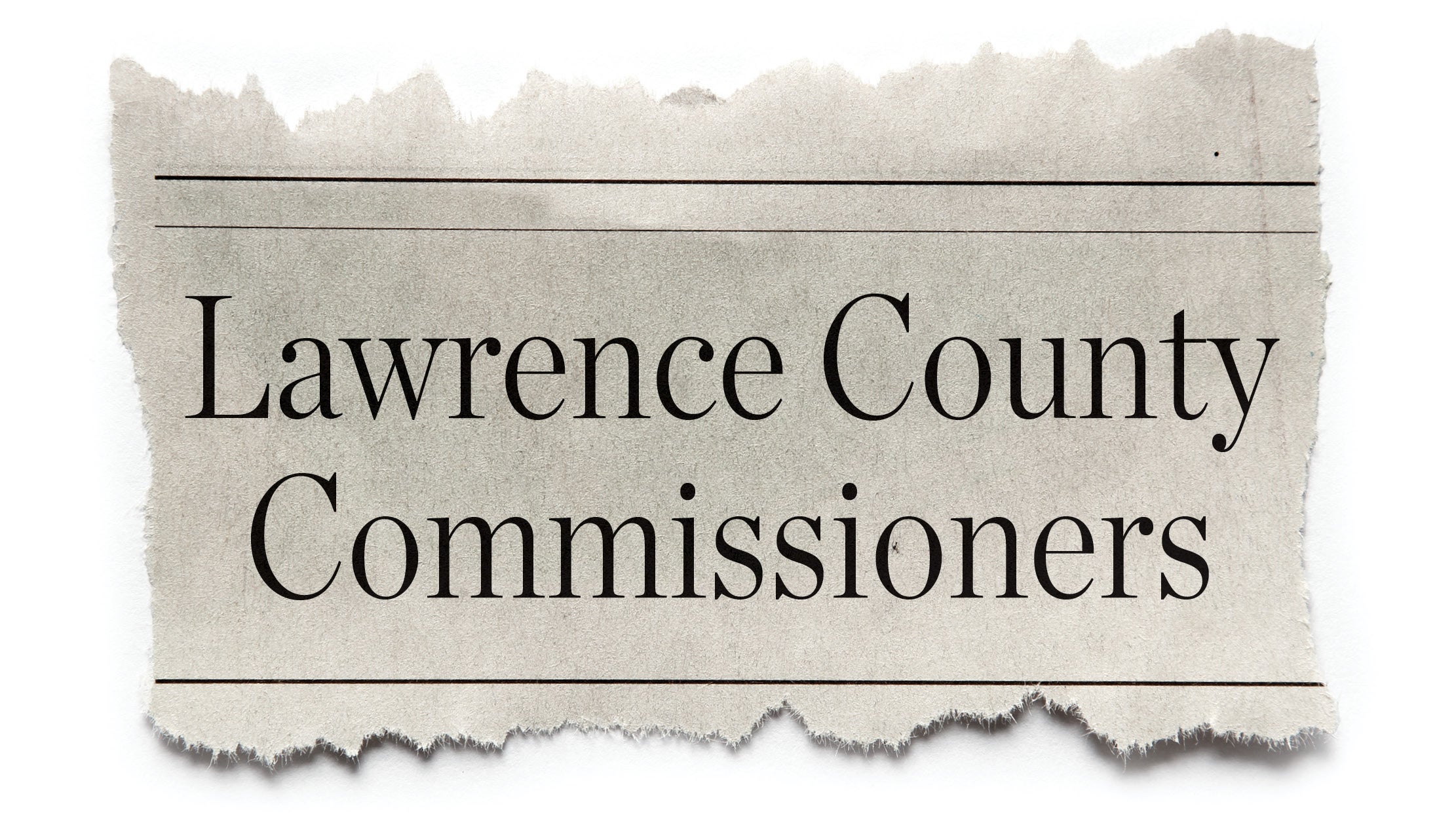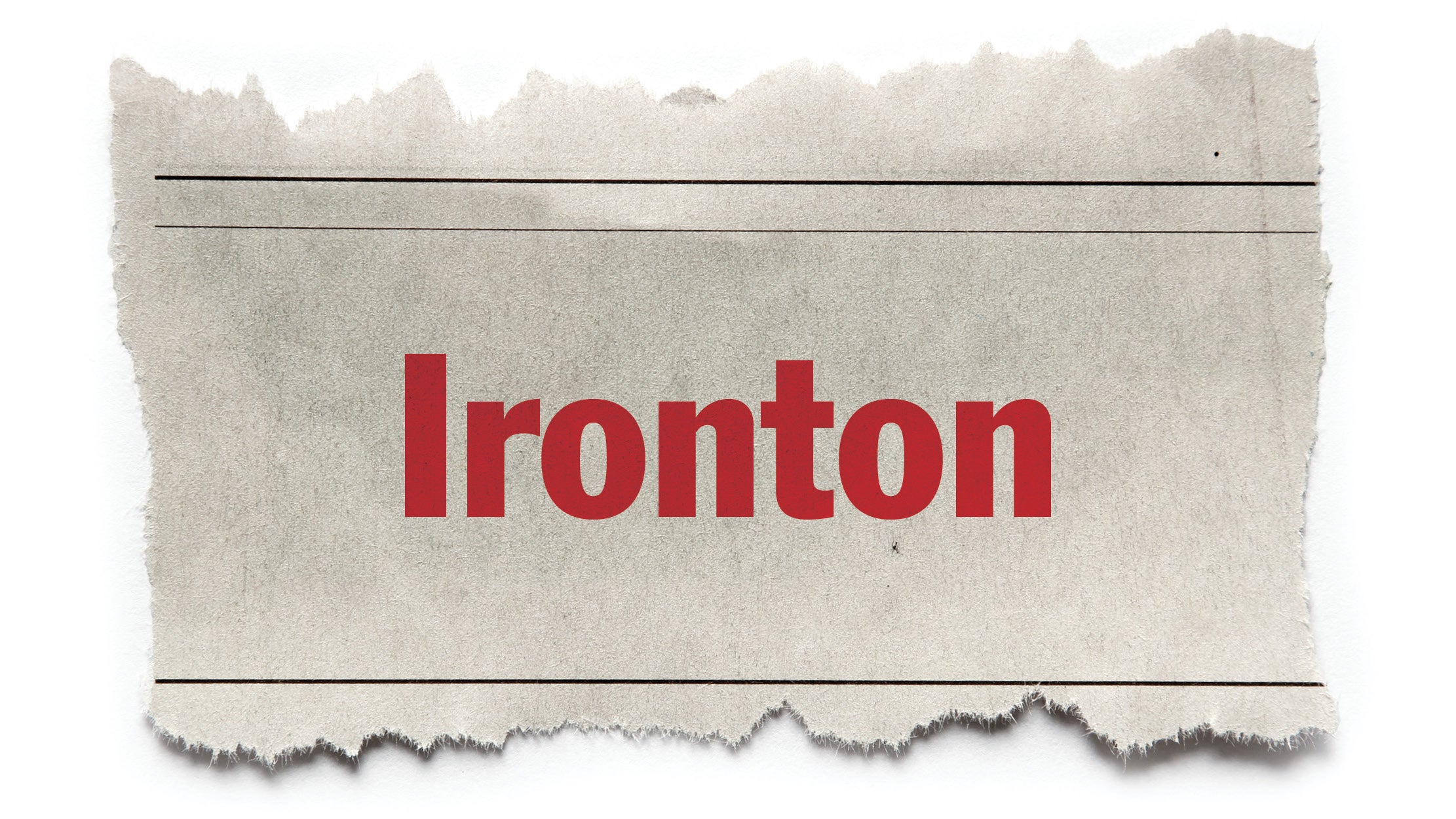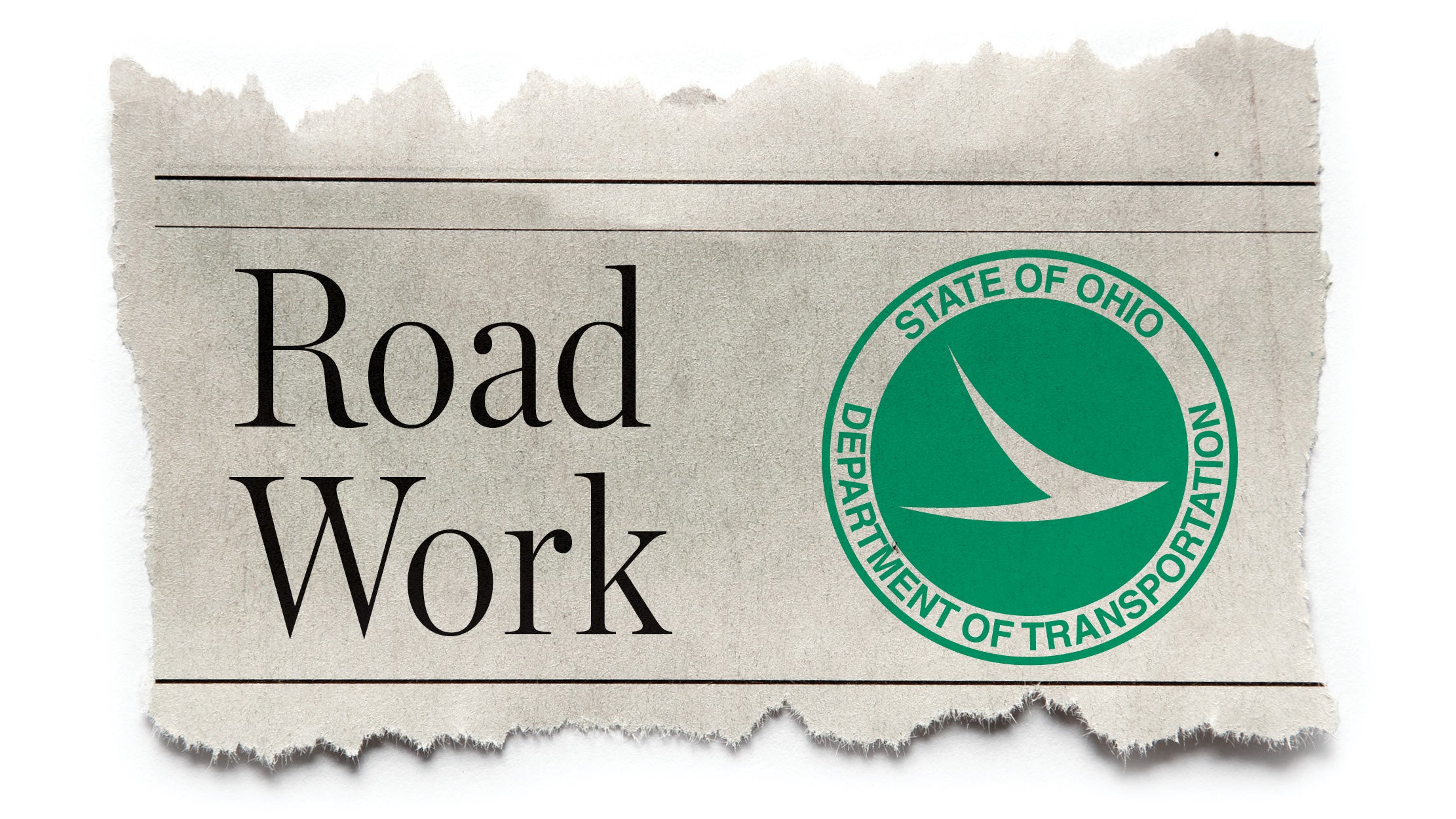City finds way to overcome revenue loss
Published 12:00 am Sunday, April 10, 2011
At a time when governments are struggling to make ends meet, the City of Ironton has found a way to keep its 2011 budget comparable to last year and most of the accounts tied to fees on residents look to be in solid financial shape.
Though there has been an approximately $200,000 drop in revenue, the city has trimmed about $300,000 in expenses from its budget compared with the 2010 plan.
According to the 2011 budget the Ironton City Council approved late last month, the city’s general fund expenses are projected to total about $5.1 million in 2011, compared with $5.4 million in 2010. Last year’s revenue was approximately $5.4 million, while the 2011 plan anticipates the city will bring in $5.07 million in revenue.
“We had to just go through this, as we always do, with a fine-toothed comb and see where we can cut back and still keep employees,” Mayor Rich Blankenship said. “We are running on a skeleton crew anyway.”
Salaries were one of the reasons for lower expenses. This year’s budget does not include pay raises for employees. Last year the AFSCME union employees received a $.50 per hour raise while the firefighters and police union employees, as well as nonunion employees, each received a $.40 per hour raise.
The 2011 budget includes a nearly 5 percent increase in the health insurance premium for city employees. While negotiations with the firefighters union and the Fraternal Order of Police continue, all of the unions have agreed to help pick up the additional cost. The increase was originally projected to be nearly 10 percent, but the unions have agreed to a higher deductible and more expensive prescription plan.
“The city has graciously thanked all unions for this cooperation as it saved over $65,000 on the premium increase,” finance director Kristen Martin said. “It was very material to the city because the city pays 95 percent of the increase for the employees’ hospitalization.”
The city has also negotiated a $10,000 reduction in its contract with E.L. Robinson for engineering services and a $5,000 reduction in a grant assistance contract with the Ironton-Lawrence County Community Action Organization.
Martin said another contributing factor is the number of pay periods for the year. Last year there were 27 pay periods, compared with 26 in a typical year like 2011. One fewer pay period will save the city approximately $90,000, Martin said.
The city will save $65,000 that would have gone to a loan payment for police vehicles. The loan was repaid last year.
The city also has some job positions open due to retirement that will not be filled.
Blankenship said that, in addition to the money saved on this year’s budget from leaving some positions vacant, the city is also saving due to positions that he did not fill when he became mayor.
Three positions —draftsman, engineer, and public service consultant — all have been left vacant. Another, an as-needed labor consultant position, was also eliminated. Blankenship said that has saved the city approximately $180,000 annually over the past three years.
The city’s 2011 general fund is projected to have a balance of $88,356 at the end of the year. Martin said that this line item, and the whole budget, is a guide for the city and it can be reviewed and changed.
“We have implemented a new review process to where staff from the finance department meets with department heads on a monthly basis to forecast past, current and future financial performance,” Martin said. “Steps necessary to meet or exceed goals will be discussed. Our (expense and revenue) projections were conservative. Our goal is to exceed our projections.”
In the police department, one clerical position that is vacant due to retirement has not been budgeted to be filled.
Besides the general fund, other departments are projecting changes from last year’s budget as well.
The streets department is projected to start with a negative balance of $ 16,331 and end at $5,188. Employees from the street department have voluntarily transferred to other departments to conserve street funds until they can be recovered.
In the garbage equipment fund, a $100,000 capital expenditure has been proposed for the replacement of a garbage packer or the rebuilding of one that the city already owns.
The flood fund is projected to start with a $1,129 cash balance and end with $26,530.
Martin said the difference is due to non-recurring expenses in 2010. Reimbursements for those expenses will happen this year.
“Appropriations from the county for back taxes and the renewal of the flood levy also help to allow the flood fund to reposition for a better carryover in 2011,” Martin said.
The state highway fund is starting at $37,130 and is projected to end with $193,642. Martin said the fund’s increase in carryover is due to monies that were used to pay the city’s sewer relining expenses but will be reimbursed in 2011.
Two other funds, the city’s sewer and storm water utility funds, also will have a significant carryover due to expenditures experienced in 2010 that will not incurred this year, Martin said.
“Funds are accumulating in these accounts to pay for the sewer separation project,” she said. “This project will cost the city millions of dollars. Debt retirement for this project is anticipated to come from these areas.”





